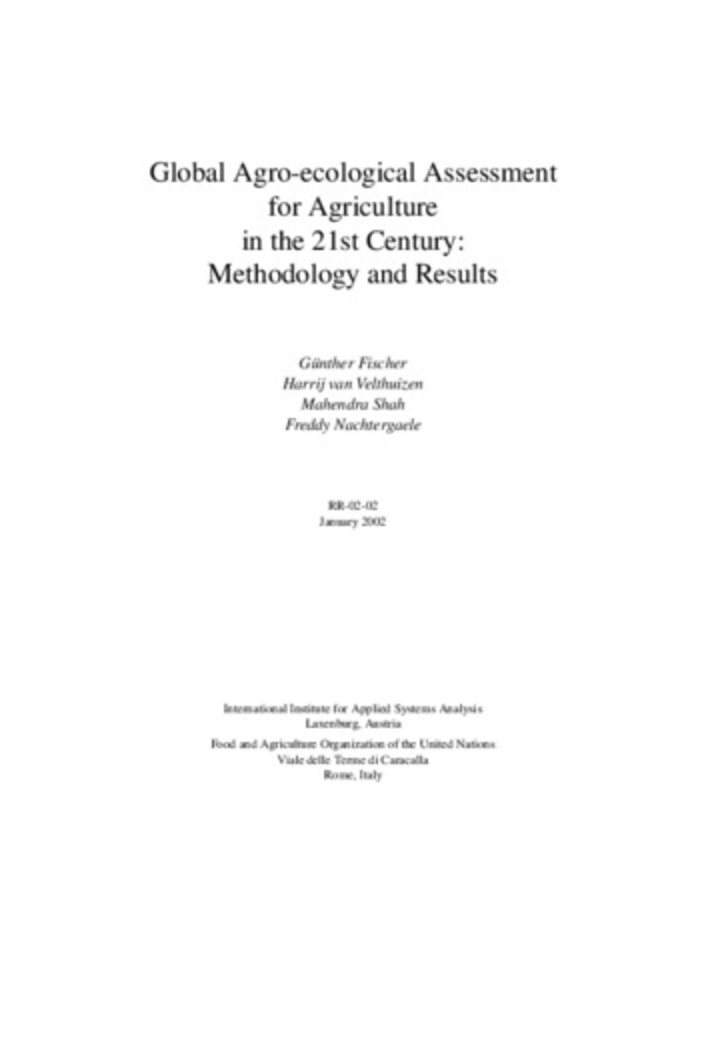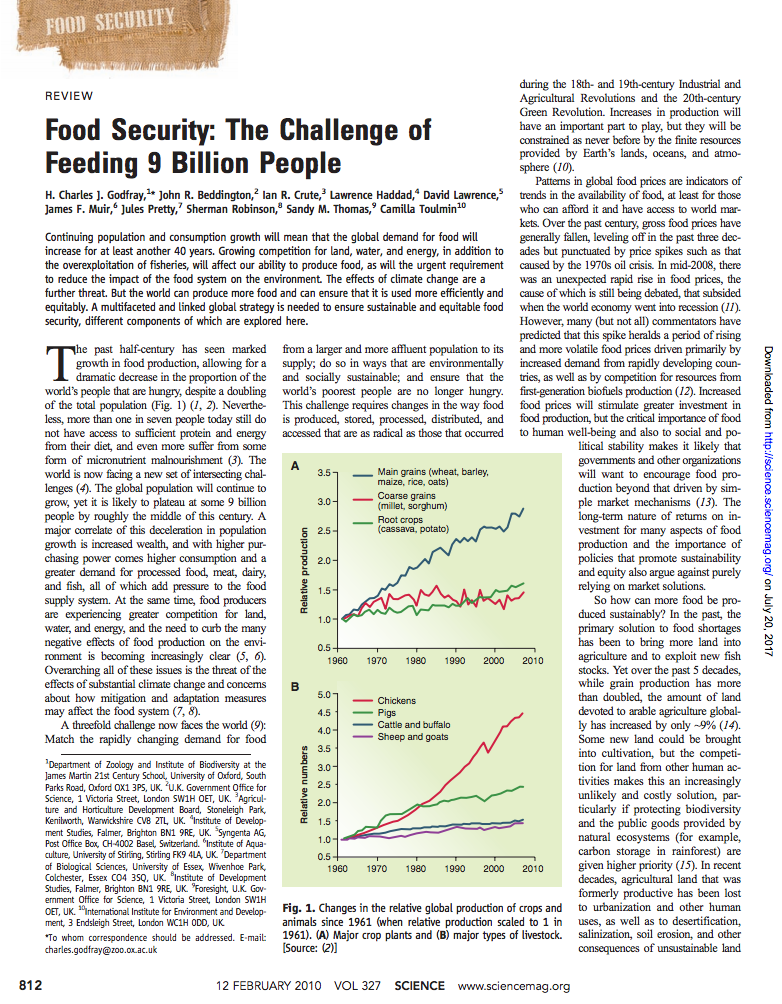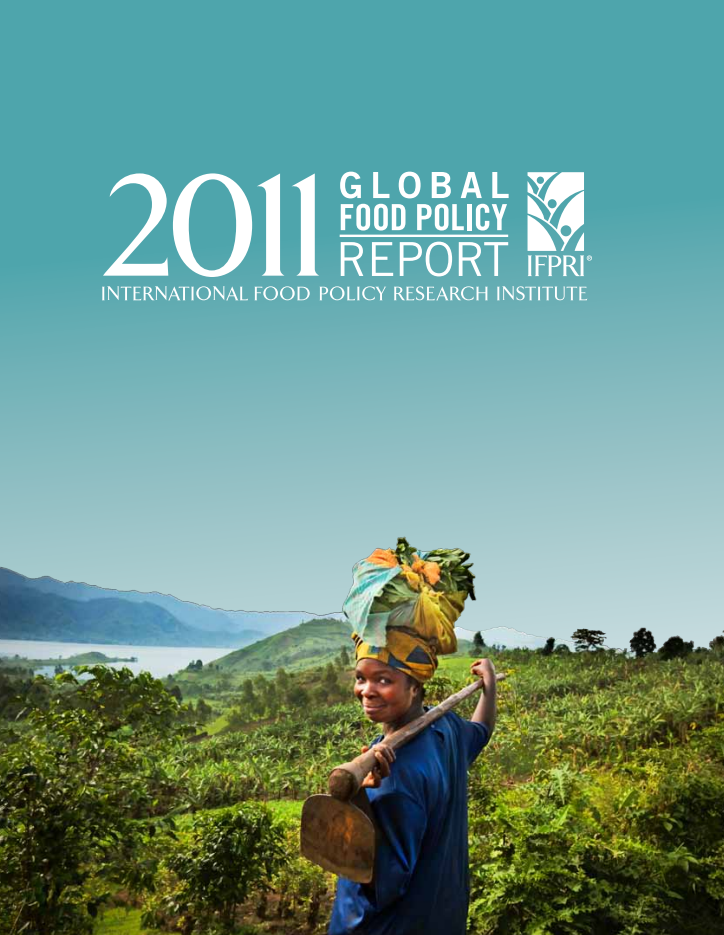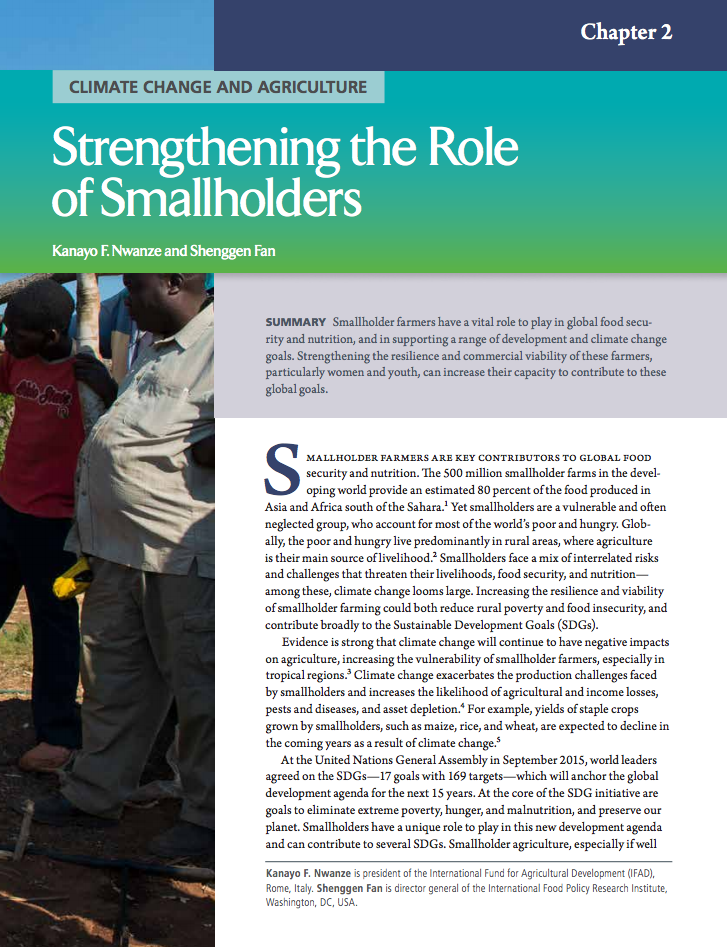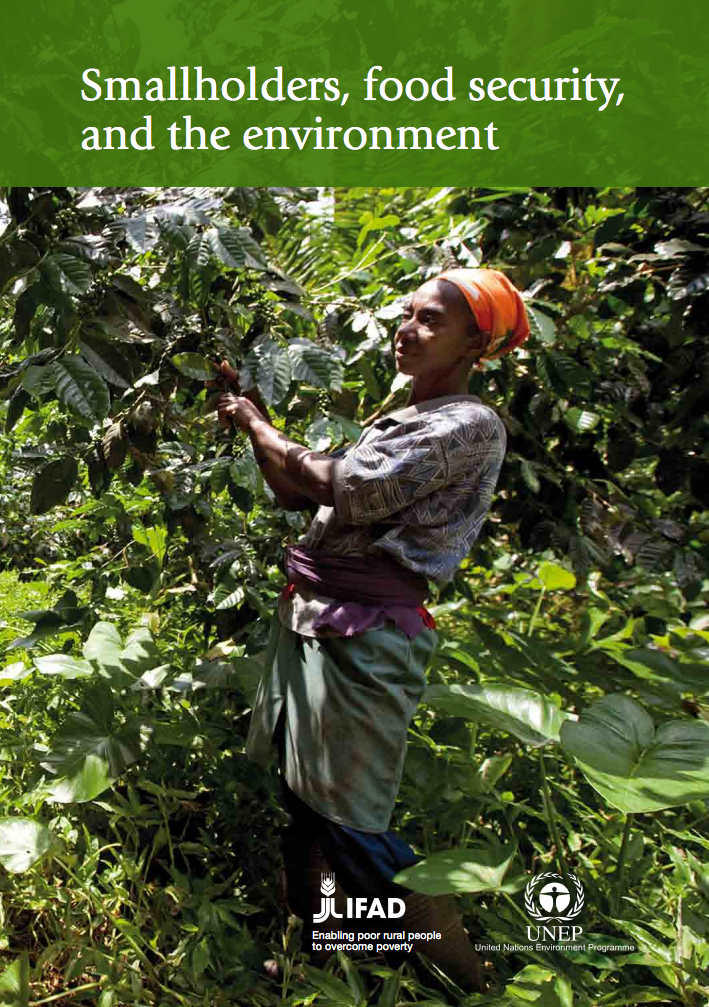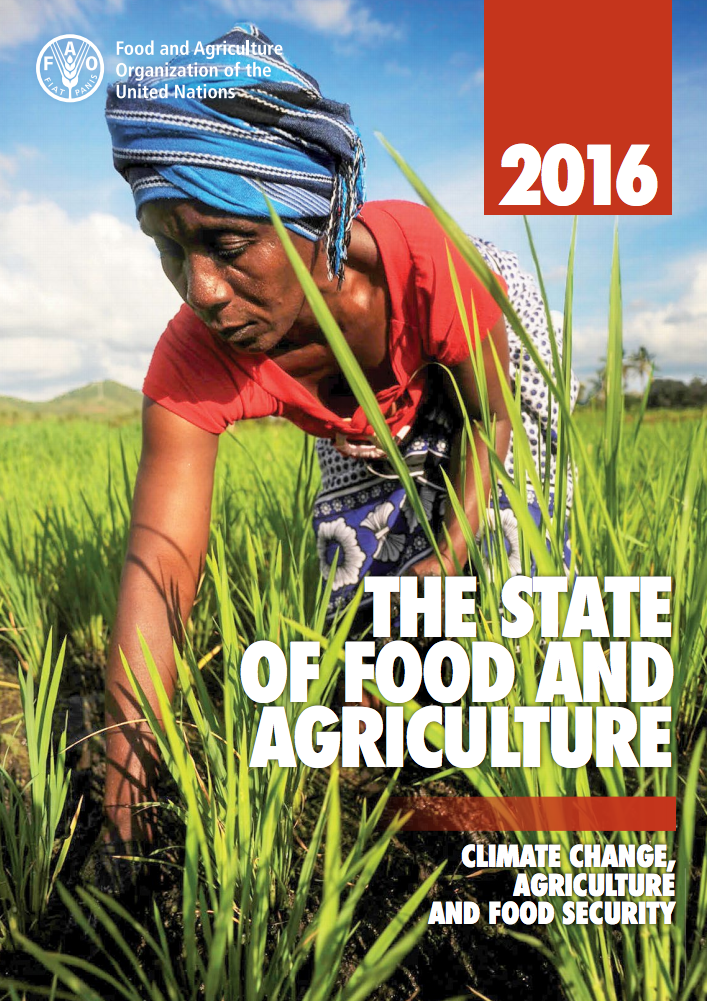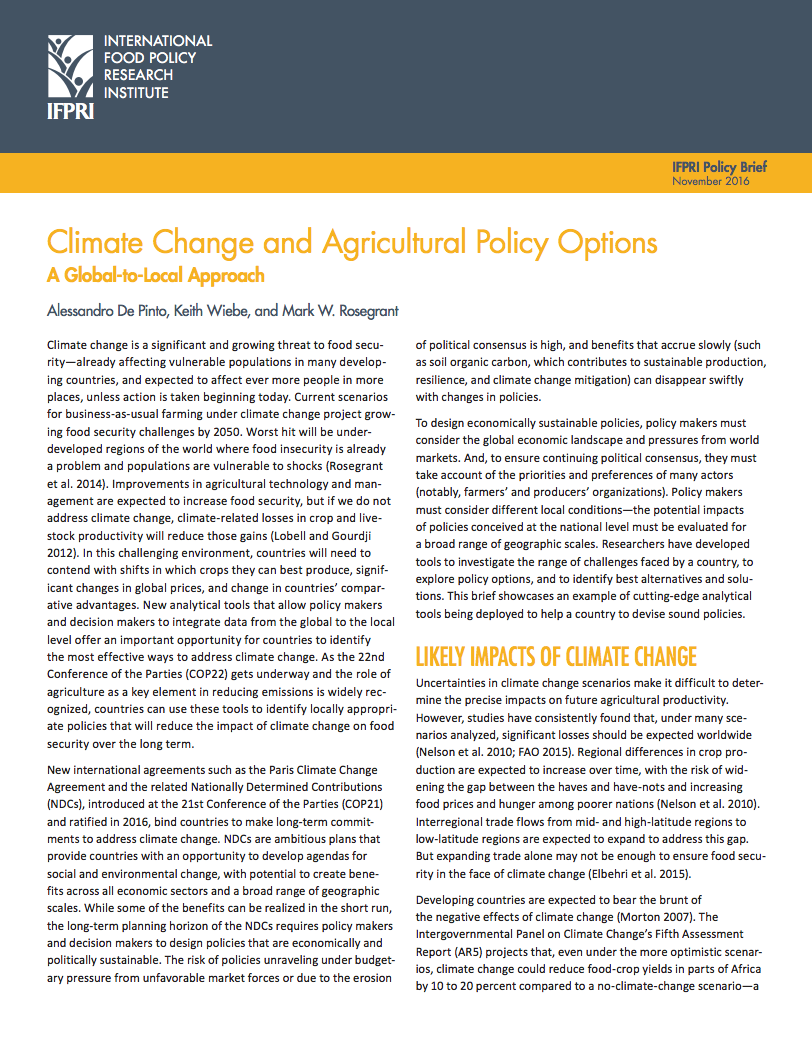The Positive Feedback Loop between the Impacts of Climate Change and Agricultural Expansion and Relocation
Climate change and agriculture influence each other. The effects of climate change on agriculture seem to be predominantly negative, although studies show a large variation in impacts between crops and regions. To compensate for these effects, agriculture can either intensify or expand in area; both of these options increase greenhouse gas emissions. It is therefore likely that such negative effects will increase agriculture’s contribution to climate change, making this feedback a positive, self-reinforcing one.



